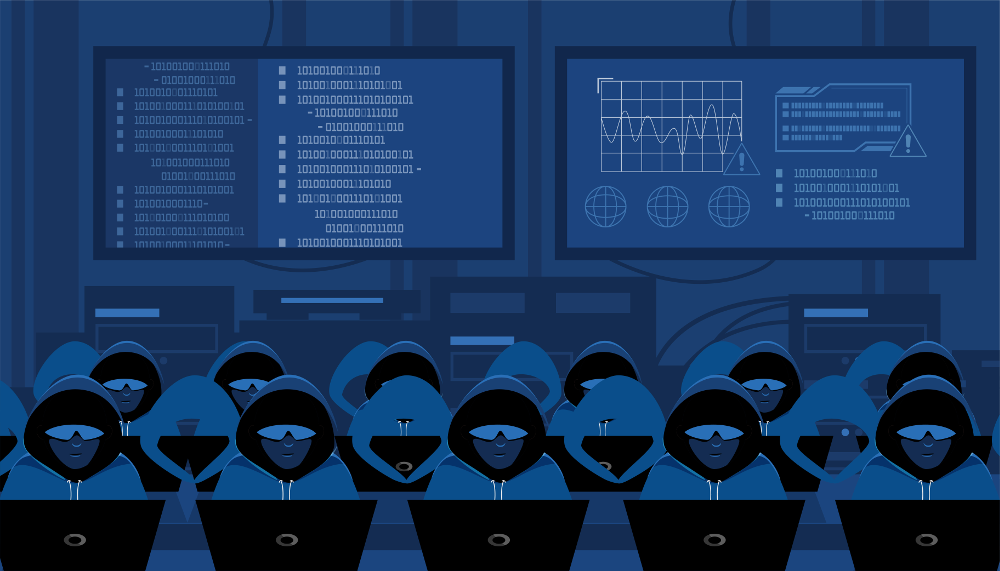Cyber Attack Strikes US Pipelines.
The United States was recently crippled by the cyber-attack that cut off oil supplies to the country’s largest fuel pipeline. The breach of the Colonial Pipeline is being hailed as one of the worst attacks on critical national infrastructure in history.
The East Coast’s 5,500-mile (8,900-kilometer) pipeline typically transports up to 2.5 million barrels a day, or about half of the region’s fuel supply.
Oil and fuel markets tightened across the United States as a result of the shutdown, causing a few states to declare states of emergency.
According to the Automobile Association of America, the retail price per gallon reached $3.008 (£2.14), the highest since October 2014.
The oil sector is most often associated with images of tanks and pumps. However, Colonial Pipeline operates in an increasingly digital environment. Over hundreds of miles of piping, pressure meters, thermostats, switches, and pumps are used to track and maintain the fuel supply. The best way to keep operating machinery safe is to keep it off the Internet. But this is becoming more difficult as companies depend on smart devices to increase efficiency.
Cyber-attacks have been more frequent in recent years.
On Monday, DarkSide released a post on its website, claiming to be “apolitical”. According to their statements, they don’t partake in geopolitics and aren’t tied to a certain country. Their only goal is getting a ransom – and looks like they succeeded.
Cyber-attacks are becoming more common. In February, for example, a hacker gained access to a Florida city’s water system and tried to inject a “dangerous” amount of a chemical.
The worker, on the other hand, saw what was happening and intervened to stop the attack.

